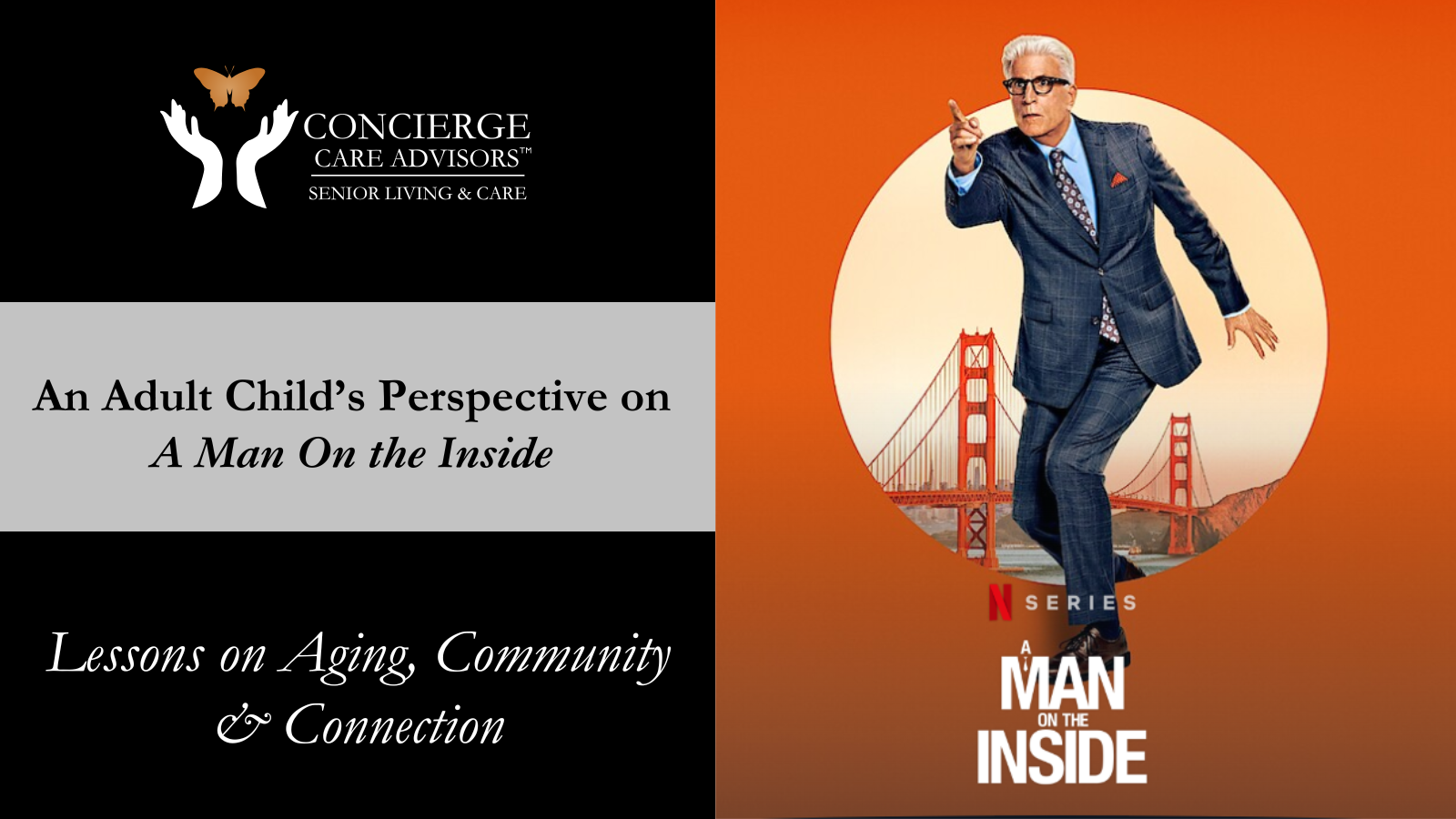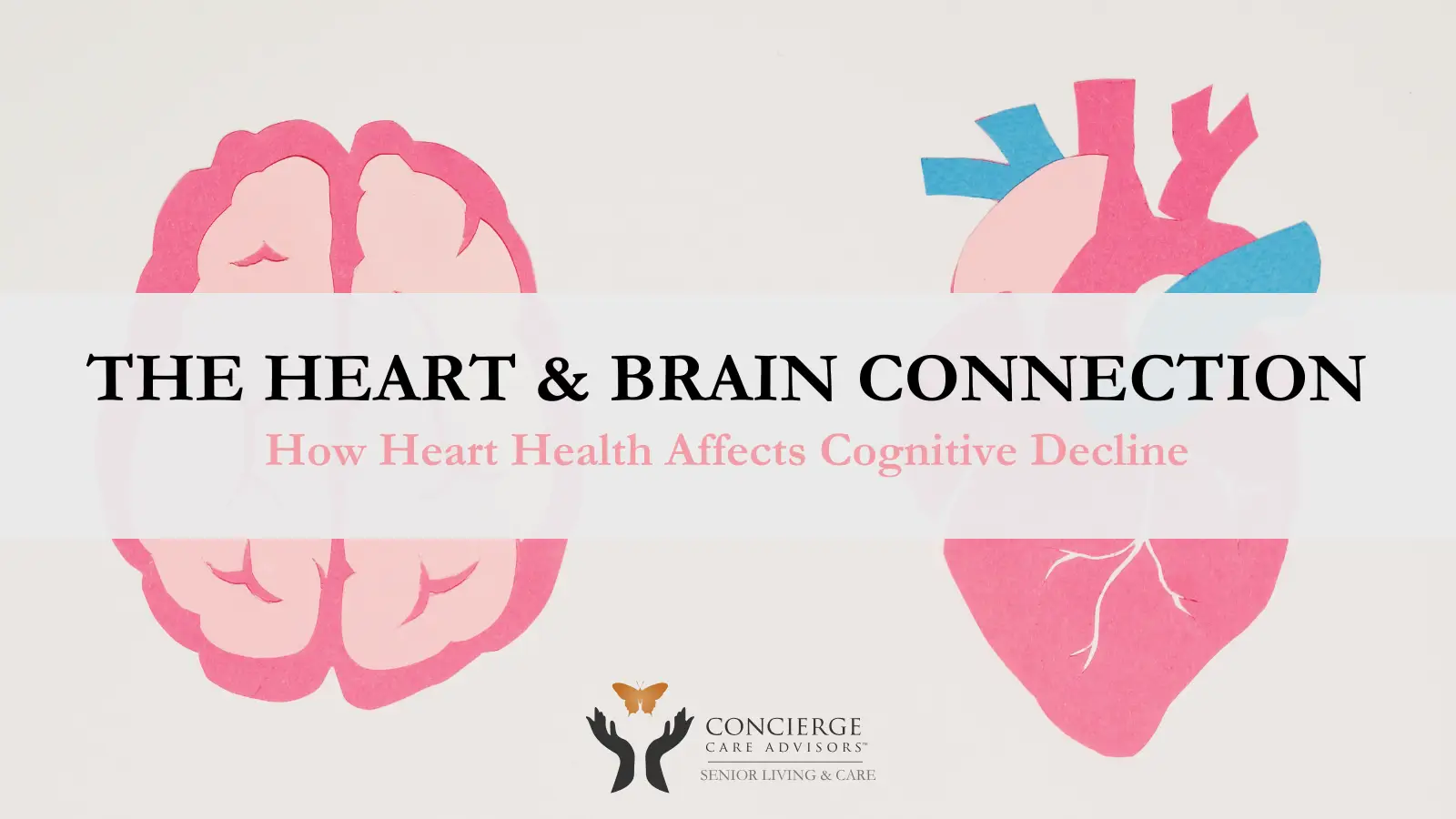By Kathy Kappler, RN
Mobility: The quality or state of being mobile-a natural way to utilize our muscles and joints-a mindless activity as we freely move along-a healthy option of transportation.
Mobility is all of the above and more until it is compromised. My mobility was recently compromised as a result of a fall and fractured leg. I have had to rely on my family for all mobility until I am fully healed. I write this personal bit of information because it has reminded me so vividly about all the seniors we care for whose mobility has been compromised. So many times our clients, in addition to mobility issues, are also dealing with poor vision, poor balance and impaired hearing.
It is at our first meeting with our clients that we observe their mobility. Are they using a cane, walker, wheel chair or crutches as I have just experienced. We notice if they are using the equipment comfortably or possibly awkwardly with some balance issues. Is the equipment the right fit? Do they need additional physical and occupational therapy to help them use the equipment properly?
As I think about my future meetings with clients, I will remember how frustrating it is to have your mobility compromised. There is so much more than just being aware of the equipment our clients are using. I will be interested in how they feel about the adjustment they have had to make. How did it affect their normal daily routine? While my use of crutches will go away as I recover, did they experience the rude interruption in their lifestyle as I did? On crutches, I couldn’t pick anything up off the floor, couldn’t carry anything unless it was in a bag my daughter fixed to carry light things in around my neck, couldn’t live in my apartment because of the two sets of long stairs, and had to have assistance from my daughters with my shower. My usual energy and stamina was compromised. These are just a few of the simple things I had to deal with. The inability to drive is a major adjustment for anyone experiencing this situation. If it is a permanent life adjustment surely our clients must have strong emotions regarding the needed acceptance of this interruption. The conversations I will have with our clients will include all of the above thoughts and concerns. Sometimes it is these simple and not so simple interruptions in our daily routine that cause anxiety and need to be addressed as part of the whole picture of care.
Concierge Care Advisors are known for the personal one on one attention we give our clients. As each of us go through our own life experiences, we can use these experiences to enhance the care and service we offer.
Image courtesy of dan at FreeDigitalPhotos.net






















